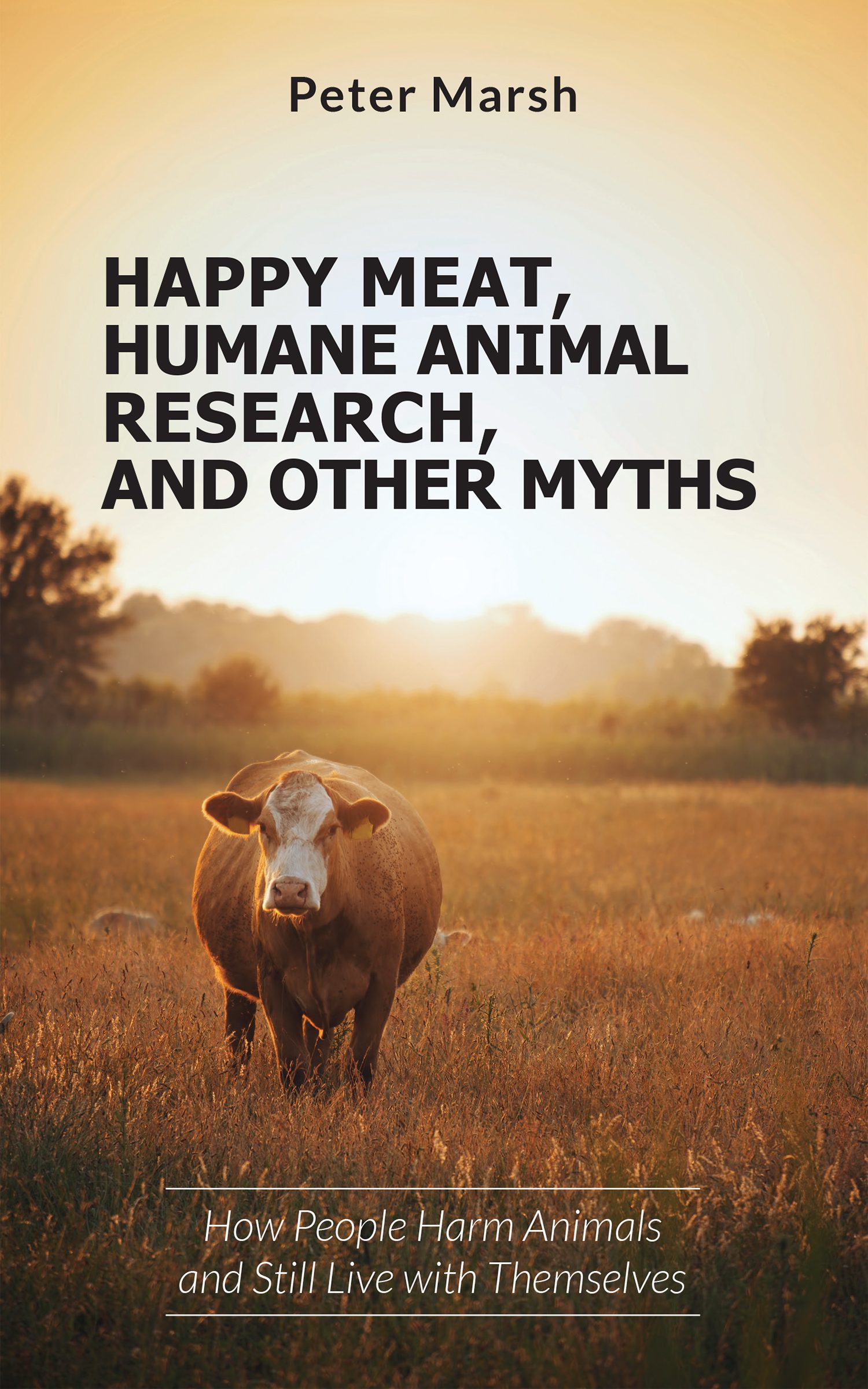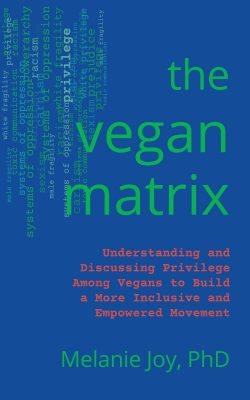Albert Bandura’s ideas about the methods people use to avoid feeling guilty about harming others have led to valuable insights about many forms of mass violence, from wartime atrocities to terrorism and genocide. Happy Meat, Humane Animal Research, and Other Myths applies these insights to another form of mass violence: the many ways people harm animals. Each of the first eight chapters discusses how people use a particular method of moral disengagement to feel better about harming animals. The last two chapters highlight the myths that have been developed in this regard, including the Myth of Happy Meat and the Myth of Humane Animal Research. These myths perpetuate the attitudes and actions of modern sexists and racists, further legitimizing their actions. Happy Meat, Humane Animal Research, and Other Myths discusses how different forms of prejudice are interconnected and why we will not be able to eradicate other forms of such violence without eradicating prejudice against animals, too.
The appendix consists of “The Omnivore’s Moral Dilemmas,” an essay that discusses the ethical conflicts faced by omnivores who think of themselves as environmentalists, feminists, humanitarians, humane pescatarians, or humane vegetarians and why they cannot be true to their values without adopting a plant-based diet.
Happy Meat, Humane Animal Research, and Other Myths
How People Harm Animals and Still Live with Themselves
$14.95
Book Details
| Pages |
150 Pages |
|---|---|
| Size | 5 x 8 |
| Format | Trade Paperback |
| Pub. Date | 03/25/2025 |
| ISBN | 978-1-59056-741-8 |
| Publisher |





